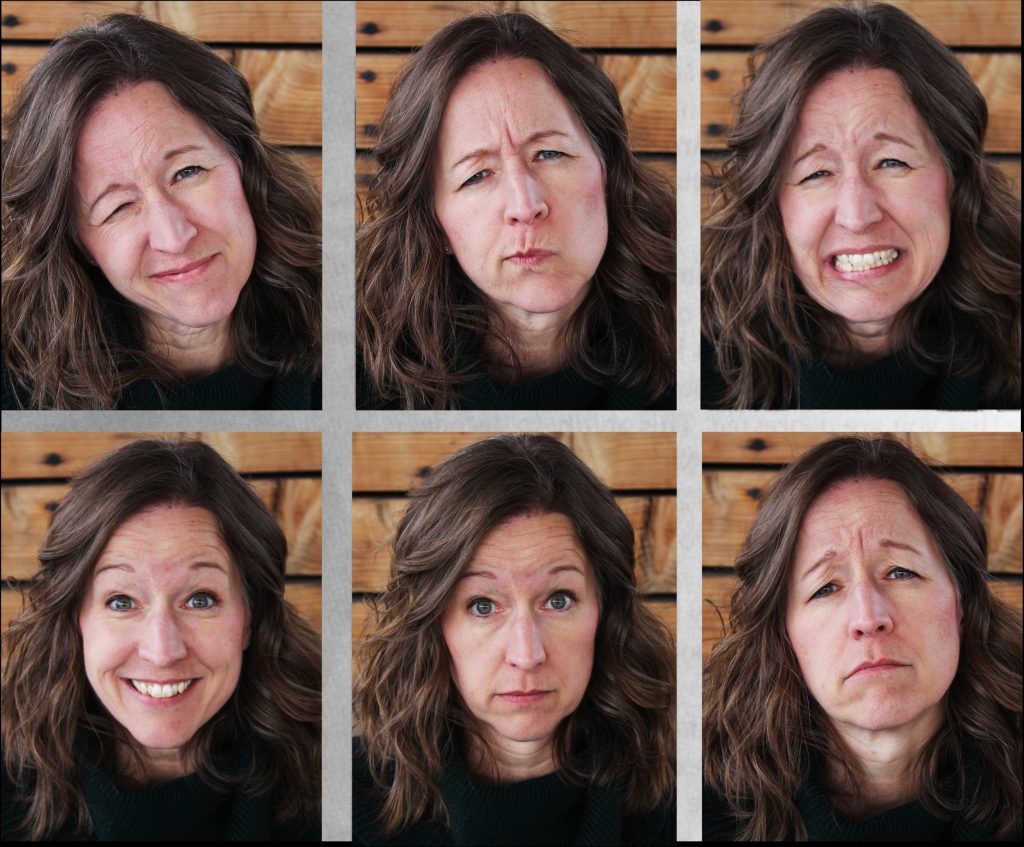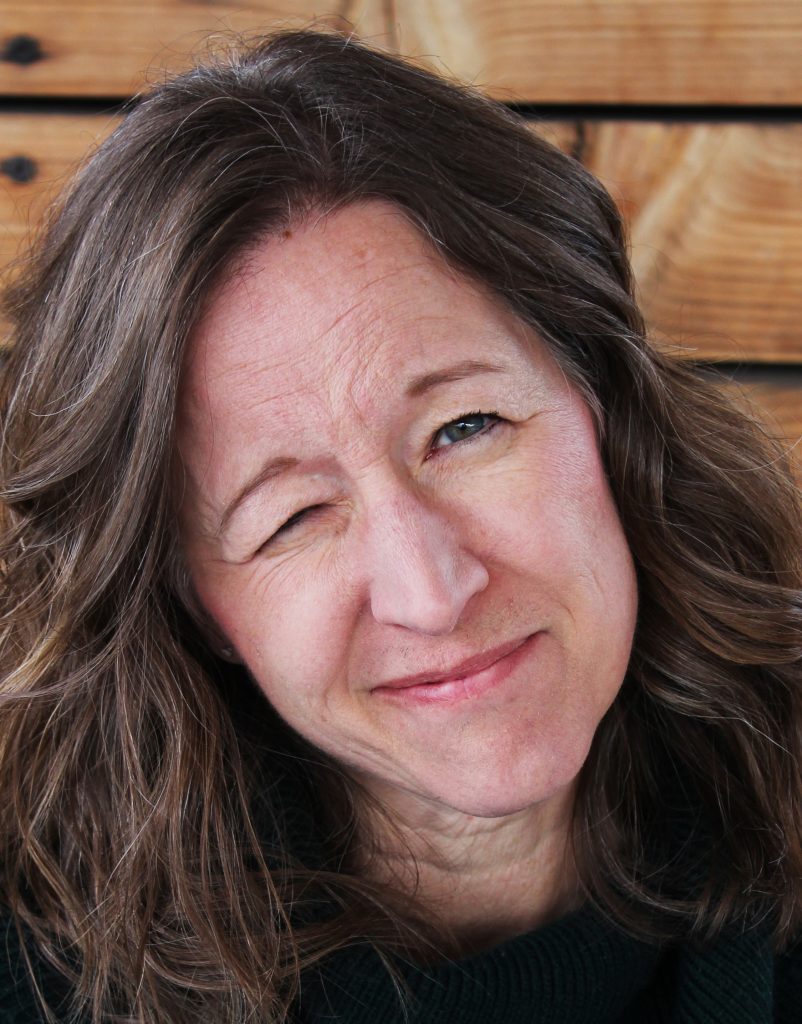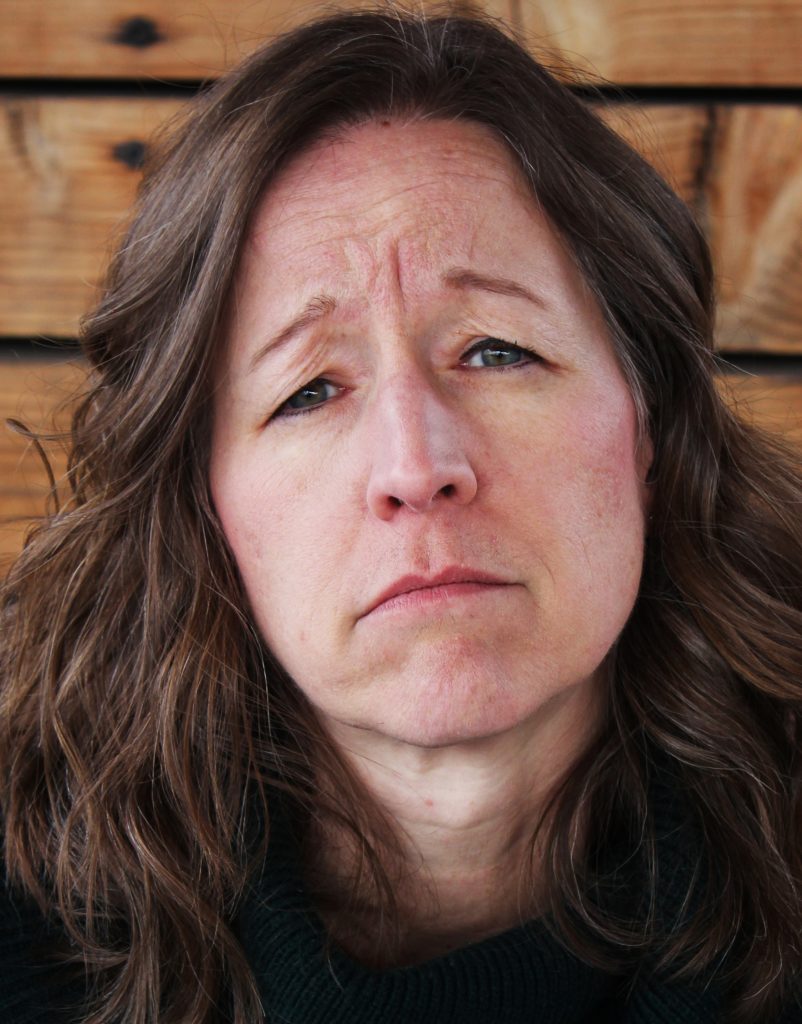How I integrate Christianity and therapy starts with considering why I integrate faith in therapy. So I’ll begin by writing about the reason to integrate Christian faith into therapy? For me, the reasoning is…
- the Greatest command, new command, the old command,
- what all the law and the prophets hang on…
- how we’re known as disciples of Jesus…
The whole point of integration, the whole point of anything in Christian faith, is love.
Now, I’m not talking about this kind of love…

I’m talking about sacrificial love. The kind of love that gives up our comfort, desires, sleep, goals, and happiness for the sake of another. Sacrificial love gives up what feels like life to us for the well-being of another person. This is the point at which I imagined some of you bristling a bit, and wanting me to soften what I’m saying because it’s an absolutely absurd idea – right? Therapy is about feeling better/thriving, therapy is about self-actualization, self-fulfillment!

A Christian client once asked me – quite honestly – “Is it ok for me to stay married to my husband?” and not pursue the man she was having an affair with? “Isn’t that wrong somehow?” she asked. You see, she’d been swimming in the message that it’s virtuous, even necessary, to live out one’s authentic self. If she had such strong feelings for this man…wasn’t she denying what was true?
I told her, It seems to me like that would be love – sacrificial love.
This is how I integrate: I make space for sacrificial love in therapy. I look for love related words, emotions and actions and I zero in on them. I expand on ideas that allow for sacrificial love. And I give some resistance to language that edges out the possibility of sacrificial love. I hope to slow down processes that lead to not-love.
A Visual Example
The only thing that’s worse than actually going to therapy to grow and change, is having someone tell you what they do in therapy. So I wanted to bring a visual for you to make it a little less painful – so much of communication is non-verbal, right?
You’ve heard of Paul Eckman’s theory that there are universal facial expressions that communicate emotion regardless of where you are at on the planet.

For my academicians – this theory may have been disproved or improved upon, I don’t really care – I’m using it to set up a joke. The point is, I have certain facial expressions that I use to make space for sacrificial love in therapy. (Drum roll please:) I give you The Six Faces of Integration!!!

Ridiculous, I know. But much of my therapy is done with my face. So, here we are. You can laugh at my face…I won’t take it personally. Let me give you some more specifics so you can imagine it more clearly.
Resist Stuff that Blocks Love
I mentioned that I give some resistance to language and ideas that edge out the possibility of sacrificial love. What edges out the possibility of sacrificial love?

•When a client’s actions are clearly self-motivated, to the exclusion of considering others. The examples are endless: Spending family money on frivolous items, despite a spouse’s concern about finances. Insisting on private contact with a person that could easily become an affair partner. Repeatedly choosing to leave dishes in the sink so roommates have to clean up the mess. These actions are usually combined with some form of justification, which we humans are so good at. I might slow our conversation down with this face.
I might say something like, “I mean, that’s one way to go about it……..” (which subtly suggests that there is another way to go about it) I make space for the possibility of sacrificial love. This is how I integrate Christianity and therapy.

•When a client blames or labels others with globally negative terms – “he’s a racist,” “she’s abusive,” “they’re idiots,” “my ex is a narcissist.” I tend to push back a bit with this face.
They might be as awful as you are saying, but they might not. I have found that it’s culturally acceptable to call people names these days, but as long as someone is an evil villain, wholly bad, we are much less likely to sacrificially love. So I push back to make the space again.

•One more place I give resistance is when a client insists on getting their needs met. For example, “my spouse should meet my emotional or other needs,” or maybe “my boss should meet my needs for significance,” or “my parents should meet my needs for comfort and ease.” It usually doesn’t come out this direct or clearly, but the inference is there. I gently discourage it with this face.
I might say, “Air, water… food every now and then – those are needs.” Anytime we demand that others meet our needs, we’re decidedly not aware of the well-being of others. We have left sacrificial love behind. Savvy? Can you see how these things can get in the way of even considering the possibility of loving someone sacrificially? And you can see how I push back with my face just a little bit to open the space up again.
Encourage Stuff that Leads to Love
I don’t just resist stuff. When I integrate Christianity into therapy, I also highlight and expand on ideas and language that allow for sacrificial love. I encourage movement towards love.

•When someone shows empathy or compassion or movement toward forgiveness. I want this to support this movement, see it grow even. So I might give them this face, and nod. Yes – yes, this is a good direction. Really understanding someone else’s perspective gives us space for sacrificial love. Being kind (when our natural instinct is to snap) provides space for love. And forgiveness, shoot. Forgiveness is the ultimate choice of love.

•When a client considers doing something sacrificial for another person. For example, I admire folks who choose to stay in a marriage that’s difficult. It takes courage (for some people) to speak up and address problems instead of skulking away. It takes courage (for other people) to keep their yapper shut.
I might say, “This is important, this is a big deal…” These selfless acts are noble, admirable and I don’t hesitate to label them as such. I ask a lot of questions to give my client a lot of space here. It’s hard to enter into sacrifice, so we treat it with delicacy. (My husband says this picture reminds him of when he’s in trouble, but my intent is to be saying, “Wow.” So just trust me on this one.)

It’s hard because inevitably, we face the reality that there’s no guarantee of a positive outcome when we love sacrificially. Integrating Christianity and therapy requires us to be honest about this. My face communicates, “This might hurt.” I talk with clients about how sacrifice is inherently painful. There is risk in sacrificial love. To leave space for sacrificial love is to leave space for suffering. And let’s face it, we are not good at suffering.
In all these interactions, with all my faces, I’m keeping a space open for the option of acting sacrificially. My clients may take it, they may not. In keeping a space, I’m shifting the idea of mental health from being totally “self-focused” to a little more other-focused. I’m opening my client’s understanding of love to be bigger, more Christian, which is to say more crazy!
And boy, it’s amazing – miraculous really – when my clients do something that is loving. My client who asked if it was ok to stay with her husband? She decided to stay. She contacts me from time to time when a new challenge arises. She’s told me she’s glad that she stayed, not because it’s cupcakes and rainbows, but because it’s better. Love is better because LOVE GIVES LIFE. Loving doesn’t often feel good, but it is good because LOVE GIVES LIFE. Jesus tells us “For whoever wants to save their life will lose it, but whoever loses their life for me will find it.” Sacrificial love gives life.
Call me if you’d like to have me speak at your event about these kind of things!
